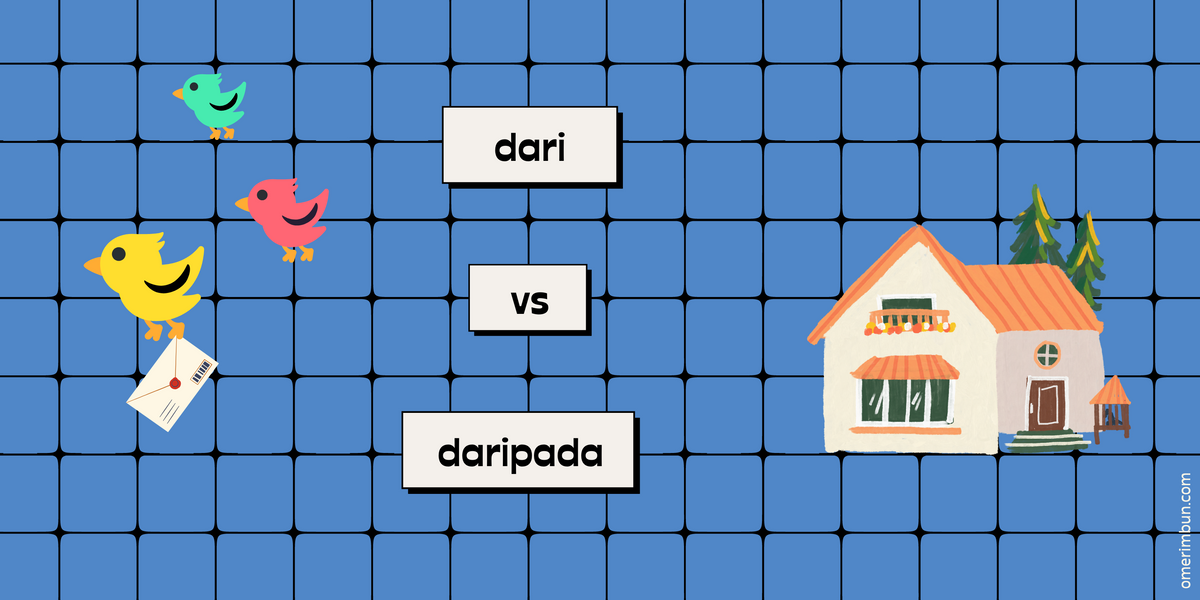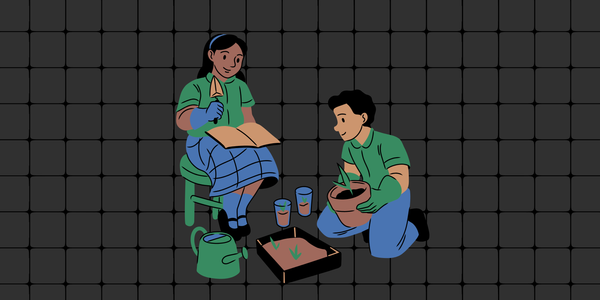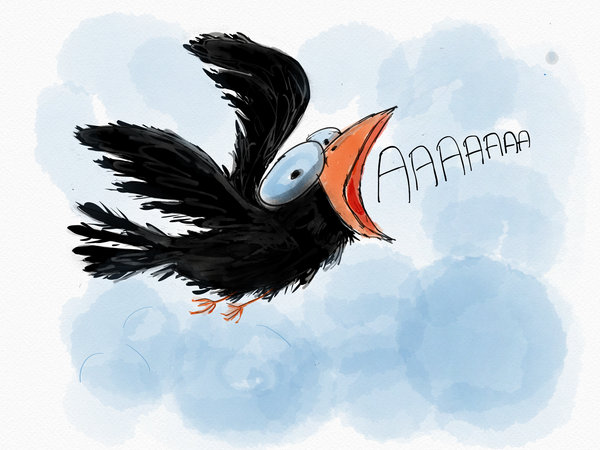Dari vs daripada: 2 types of from
How to use 'dari' and 'daripada'? They have the same meaning, but the usage is different. Let's read and you'll know how to use them in no time.

Prepositions to say "from"
‘Dari’ and ‘daripada’ are kata sendi, prepositions, often considered confusing even among some native speakers. Both mean ‘from’, but are used in different contexts. Here are the rules to using these prepositions!
‘Dari’
is used before a noun or noun phrase that indicates:
i) direction
ii) place
iii) time
Some examples of the usage of ‘dari’:
(i) Direction
Dia datang dari utara.
He/she came from the north.
Titisan air hujan itu ditiup dari arah selatan.
The rain water droplets were blown from the south.
Dia sudah melakukan kesilapan dari segi politik.
He has made a mistake politically.
(ii) Place
Ayah baru balik dari pejabat.
Father just came back from the office.
Saya berasal dari Malaysia.
I come from Malaysia.
Kami baru bertolak dari rumah untuk balik ke kampung.
We just departed from home to go back to our hometown.
(iii) Time
Majlis akan dijalankan dari pukul tiga hingga pukul lima sahaja.
The event will be running from three o’clock to five o’clock only.
Kedai ini mula terkenal dari tahun 1950-an.
This shop became famous from the 1950s.
‘Daripada’
is used before nouns or noun phrases that indicate:
i) an origin related to humans, animals, things and abstract elements
ii) a source
ii) a comparison or difference
Examples of usage are as follows:
(i) An origin related to humans, animals, things and abstract elements
Saya selalu menantikan surat daripada keluarga saya.
I always await letters from my family.
Perintah kawalan pergerakan daripada kerajaan harus dipatuhi.
The restricted movement order from the government has to be followed.
Anjing liar itu mendapat makanan daripada penduduk di kejiranan ini.
That wild dog gets food from the people of this neighbourhood.
Saya mendapat kasih sayang daripada kucing saya.
I get love from my cat.
Sejak hari itu, Ali menjauhkan diri daripada bahaya alkohol.
Since that day, Ali has distanced himself from the dangers of alcohol.
(ii) A source or composition
Kerusi ini diperbuat daripada rotan.
This chair is made from rattan.
Banksy mendapat ilham untuk grafitinya daripada isu sosial semasa.
Banksy gets his inspiration for his graffiti from current social issues.
‘Mochi’ diperbuat daripada beras.
‘Mochi’ is made of rice.
Oksigen berpunca daripada gabungan dua atom oksigen.
Oxygen comes from the combination of two oxygen atoms.
Persatuan ini terdiri daripada pelajar sekolah menengah.
This club is composed of high school students.
(iii) a comparison or difference
Mahsuri lebih tinggi daripada Ryu.
Mahsuri is taller than Ryu.
Dia lebih lama bekerja di sini daripada saya.
He/she has worked here longer than I have.
Falsafah hidupnya berbeza daripada orang lain.
Her life philosophy is different from others.
Pelajar tidak patut masuk kelas lebih lewat daripada guru.
Students should not go to class later than the teacher.
Harga produk ini hari ini setengah daripada harga biasa.
The price of this product today is half of the normal price.
There you go! That wasn't so bad, was it?
An easy trick is to remember the rules for ‘dari’ (direction, time and place!) and just use ‘daripada’ for the rest. Practice making a few sentences and I’m sure you’ll get the hang of it!
Reference: Tatabahasa Dewan Ketiga, Dewan Bahasa dan Pustaka 2008
Read the next grammar explanation ▶️






